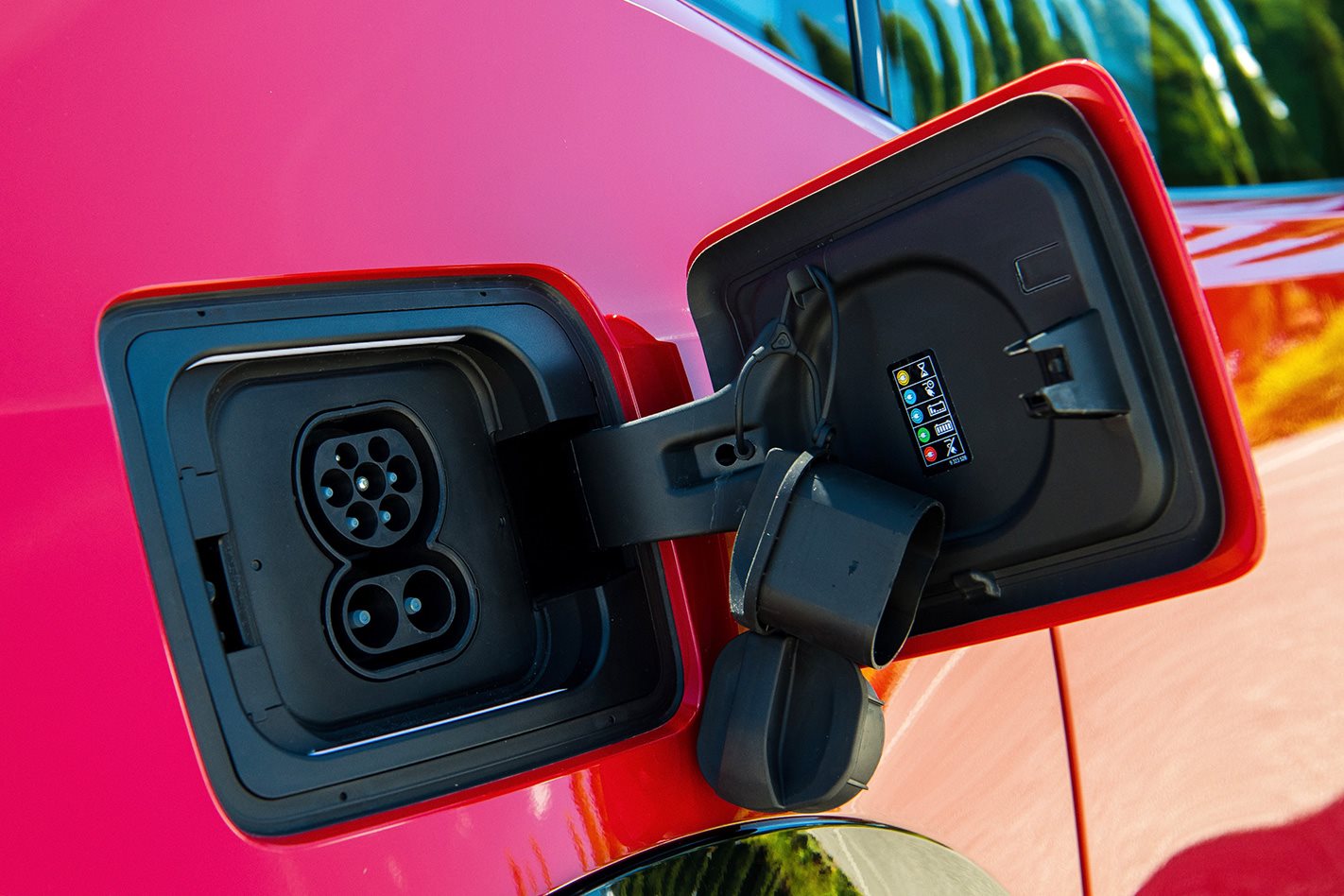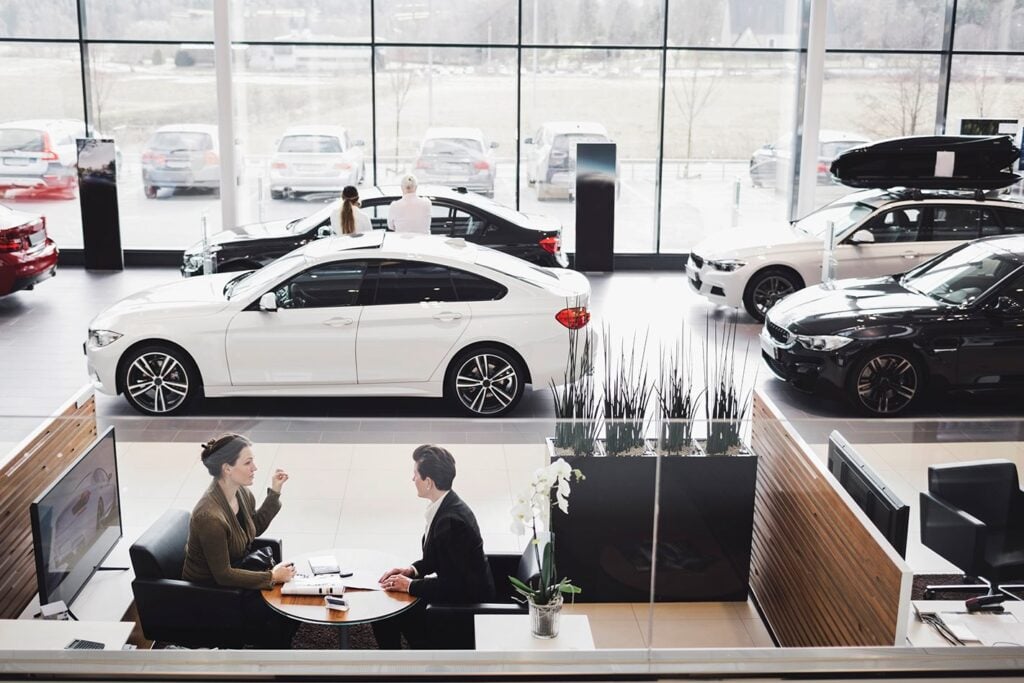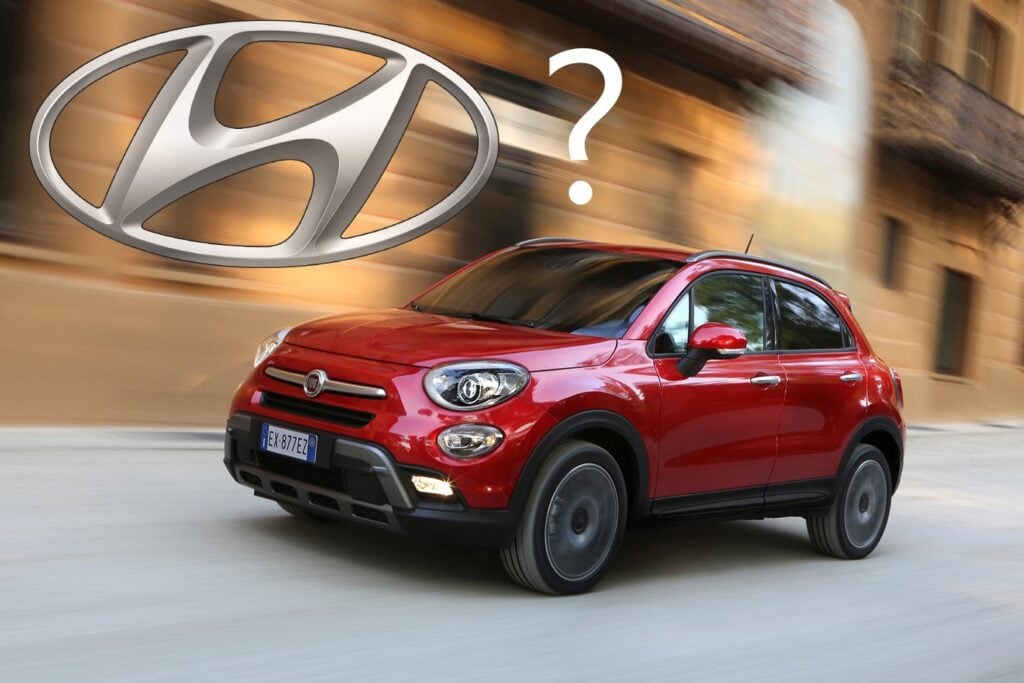THE federal authority charged with advising the government on how we should plan cities of the future has warned an increasing number of electric cars on our roads will soon start to become a drain on the public purse.
Infrastructure Australia chief executive Phillip Davies warned that the way we currently fund our roads was a prime example of how ill-prepared we were to switch to EVs in terms of policy and planning.
“The increase in electrical vehicle uptake and the impact this has on our future ability to fund and maintain our road networks is a useful example,” Davies told the Infrastructure Partnerships Australia energy reform seminar in Sydney last week.
“Currently funding to build and maintain our road infrastructure is sourced from a mix of fuel excise and vehicle registration charges,” he added.
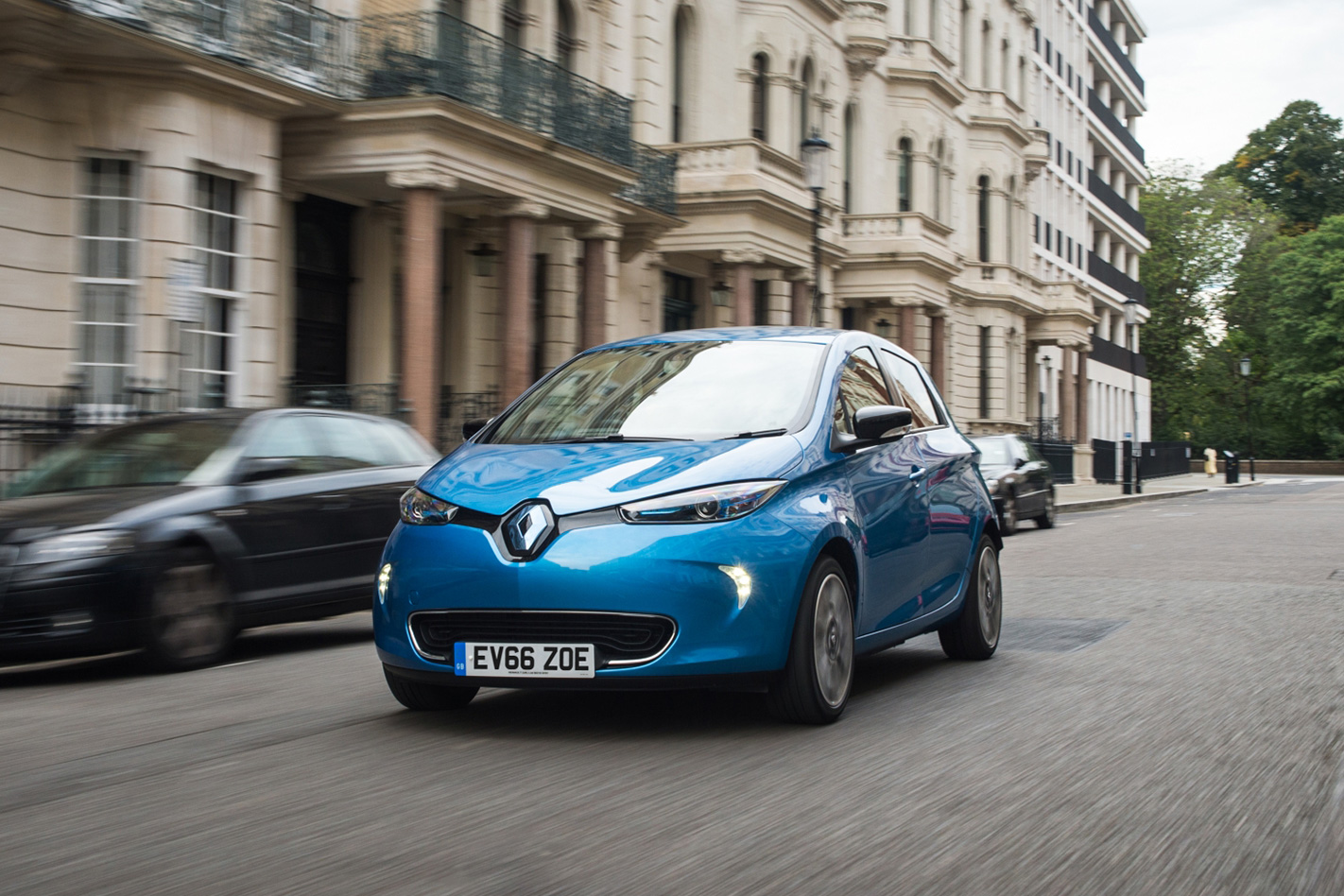
“Fuel excise will not apply to the use of electric vehicles, therefore, in coming years the increased uptake of electric vehicles will see a substantial reduction in revenue.
“Without doubt, electric vehicles can bring big benefits for society, especially when energy is from renewable sources.”
Davies said there was a strong public policy case for governments to support those who chose to invest in EVs.
“Governments can and should play an active role in making the most of the rollout of an electric vehicle fleet,” he said.
The Federal Government has drawn criticism from numerous car brands for failing to support EVs with similar incentives to those offered overseas. These include new-car buyer grants that help bring down the cost of jumping behind the wheel of a traditionally more expensive battery-powered vehicle.
Only five battery-powered vehicles – The Tesla Model S sedan and Model X hatch, the BMW i3, and the fleet-only Renault Zoe hatch and Kangoo delivery van – are currently on sale in Australia, with a new-generation Nissan Leaf expected to be added to the mix later this year.
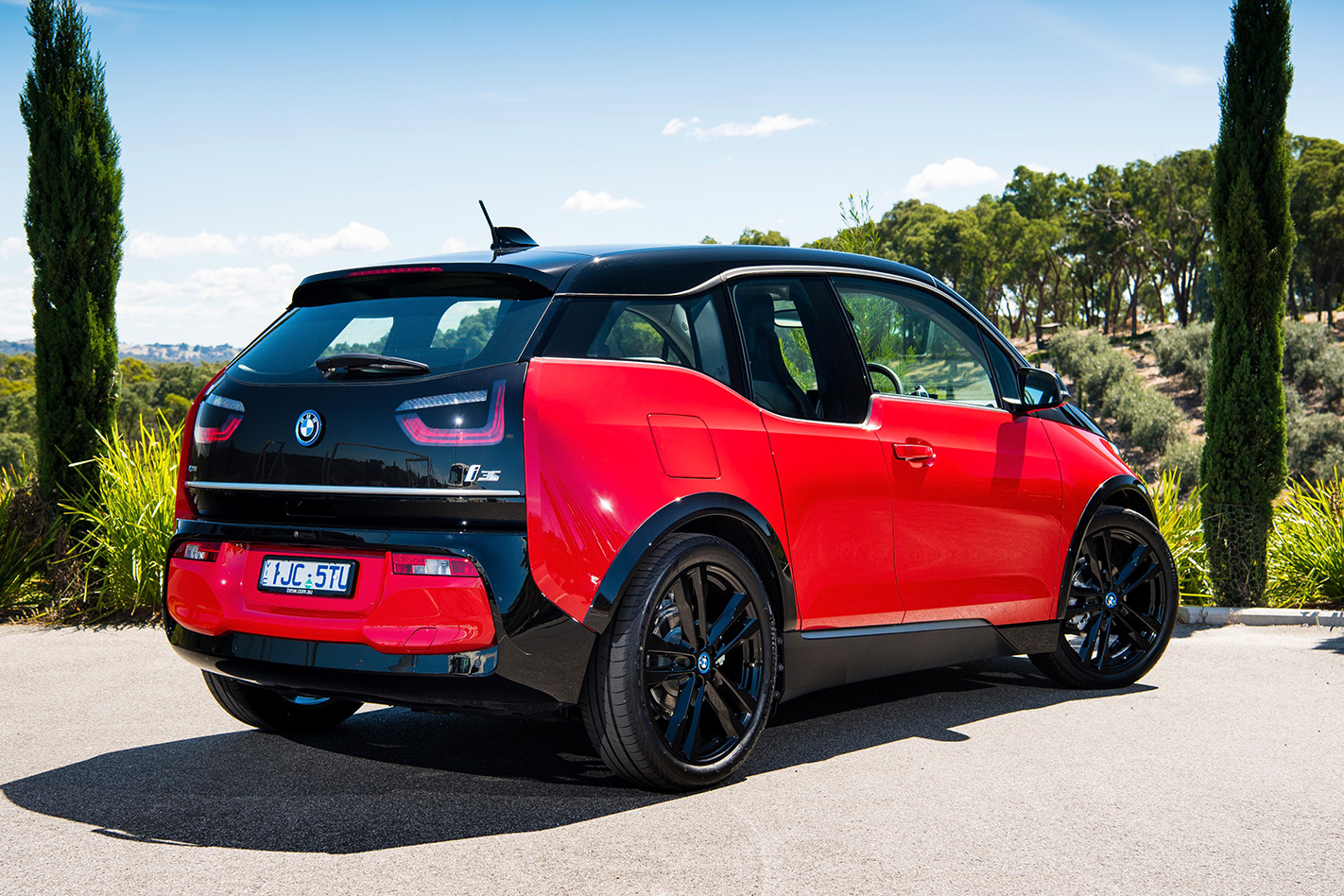
However, a wider uptake of plug-in hybrids – diesel- or petrol-electric vehicles that use a conventional engine but can also run exclusively on battery power alone when needed – will also have a big effect on revenue, especially if the daily commute taps the battery alone.
A number of manufacturers ranging from Mitsubishi to Porsche offer plug-in hybrid options to buyers that can travel up to 60km before needing to fire up the conventional engine.
Fuel excise is also expected to decline as cars become more fuel-efficient – although the dramatic buyer switch to bigger, heavier and less fuel-efficient SUVs at the cost of passenger cars could have a similar effect as it has in the US, increasing fuel use and emissions, and therefore boosting fuel excise revenue.
However, funds raised from road users are pooled in general revenue, and not necessarily fed back into the transport network.
Davies said the potential benefits of EVs should not come at the expense of the efficiency of transport networks, and the loss in productivity this would bring.
“With the right policies, these outcomes don’t have to work at cross purposes,” he said.
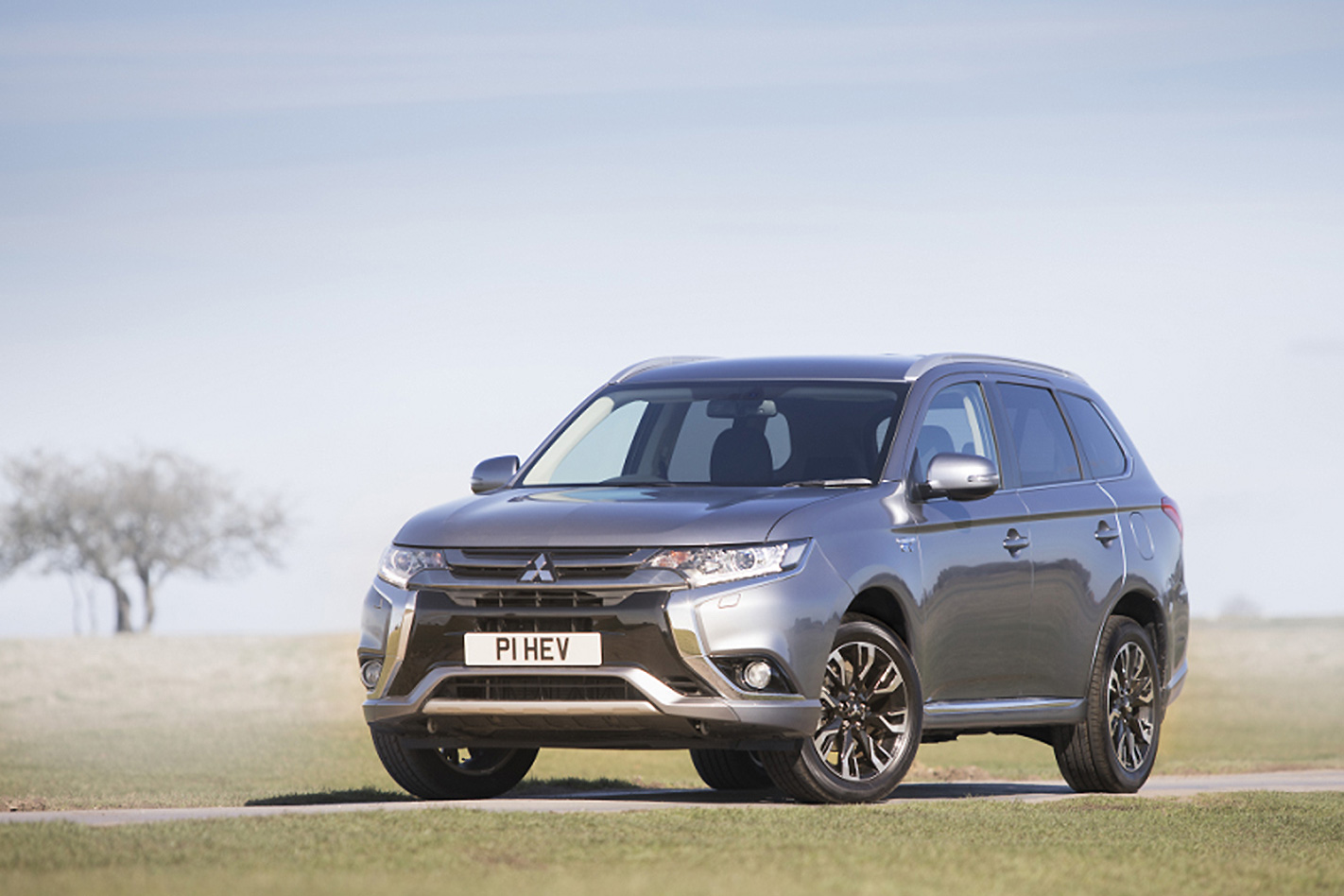
“That is why governments need a joined-up approach to electric vehicle policy, alongside a transition to a user-pays road network. This should be a primary consideration of the independent study into road market reform, which the Federal Government has committed to undertake – along with ensuring equity in regional and rural areas.
“This was a key recommendation from the Australian Infrastructure Plan and it is important that it gets underway soon. Otherwise we run the risk of a serious road funding shortfall, meaning our future cities will be characterised by congestion and constraint.”
The Australian Infrastructure Plan is a document released by Infrastructure Australia in early 2016. That plan suggests Australia’s greatest opportunity for funding reform is its approach to roads.
“The current system of funding is unfair because those who use the network less subsidise those who use it the most; unsustainable because fuel excise will decline as vehicles become more fuel efficient; and inefficient because the absence of effective price signals results in delays and congestion,” it says.

